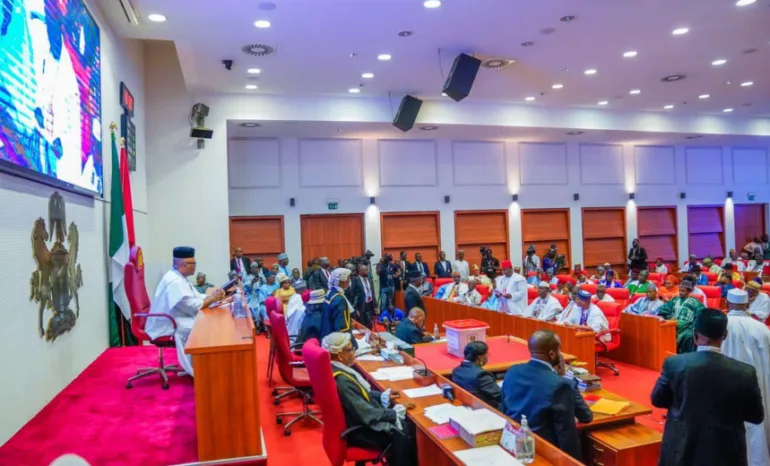The Senate Committee on Public Accounts has given the Nigerian National Petroleum Company Limited (NNPCL) 21 days to provide a detailed explanation for financial discrepancies amounting to ₦210 trillion, even as its Group Chief Executive Officer (GCEO), Bayo Ojulari, appealed for more time to respond adequately.
Ojulari appeared before the committee on Tuesday, following an earlier summons, and requested additional time to review and understand the issues raised in the company’s audited financial statements for the years 2017 to 2023.
“I have been in office for barely 100 days and I need time to fully understand the issues. Given the explanation I’ve heard today, my perspective has changed,” Ojulari said.
“I need to carry out further internal review and reconciliation to provide the answers the committee requires,” he added, pledging to assemble a team to address the queries raised.
The committee is seeking clarification on figures showing ₦103 trillion in liabilities and ₦107 trillion in assets, which lawmakers described as “troubling” and largely unsubstantiated.
Chairman of the committee, Senator Aliyu Wadada, described the discrepancies as alarming.
“The amount is mind-boggling. The liability figure cannot be substantiated and is therefore not acceptable to this committee. Even the receivables making up the asset component cannot be verified,” he said.
Wadada explained that the ₦210 trillion figure was extracted directly from NNPCL’s audited reports and that the company must provide clear, verifiable breakdowns of both its assets and liabilities.
Some lawmakers expressed frustration with what they described as the company’s dismissive posture. They questioned why Ojulari appeared unfamiliar with the financial statements, despite the company having sent representatives to earlier hearings.
Following Ojulari’s appeal, the committee granted a 21-day deadline for the NNPCL to return with a comprehensive, reconciled, and evidence-backed response.


